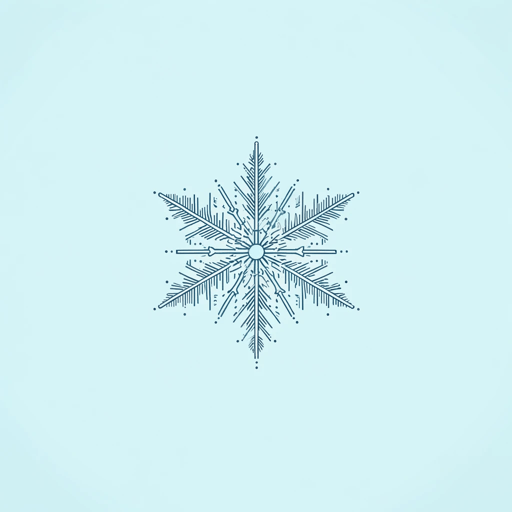28 pages • 56 minutes read
Stephen CraneThe Blue Hotel
Fiction | Short Story | Adult | Published in 1898A modern alternative to SparkNotes and CliffsNotes, SuperSummary offers high-quality Study Guides with detailed chapter summaries and analysis of major themes, characters, and more.
Literary Devices
Archetype
An archetype is “a character, situation, emotion, symbol, or event that is recurrent throughout different stories from many cultures. Because of the frequency with which these are scene, they’re considered universal symbols” (“Literary Devices.” SuperSummary) In “The Blue Hotel,” characters are predominantly referred to by their “type”: the Easterner, the Swede, the cowboy, the bartender, the gambler, and Scully, who is called the “proprietor” and the “Irishman” at various points. These archetypes refer to profession or geographic/ethnic origin, evoking certain ideas about each figure, even amongst the characters themselves. Yet Crane also invites readers to view these types with skepticism. The Easterner, for example, is introduced as a “little silent man from the East, who didn’t look it, and didn’t announce it” (363). Later, the gambler is such a just and moral man that “a scrutiny of the group [he sat with] would not have enabled an observer to pick the gambler from the men of more reputable pursuits” (388). These two ill-fitting archetypes bookend the story, reminding the reader that they can’t necessarily trust their assumptions about the characters.
Related Titles
By Stephen Crane
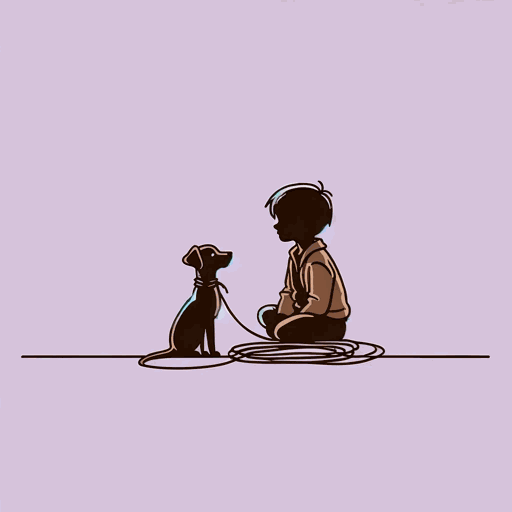
A Dark Brown Dog
Stephen Crane
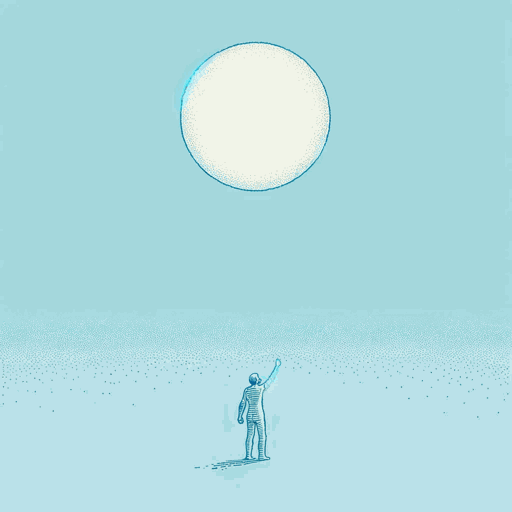
A Man Said to the Universe
Stephen Crane
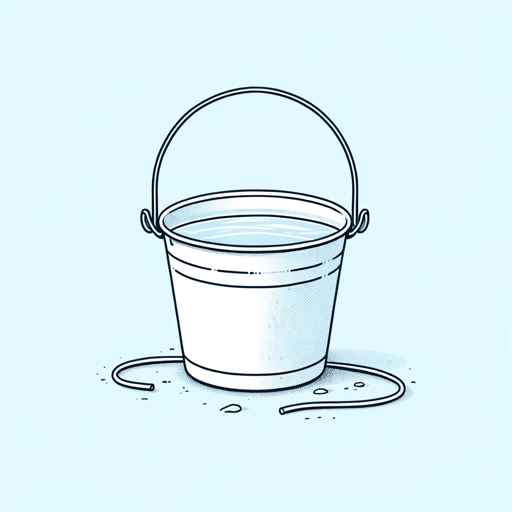
A Mystery Of Heroism
Stephen Crane
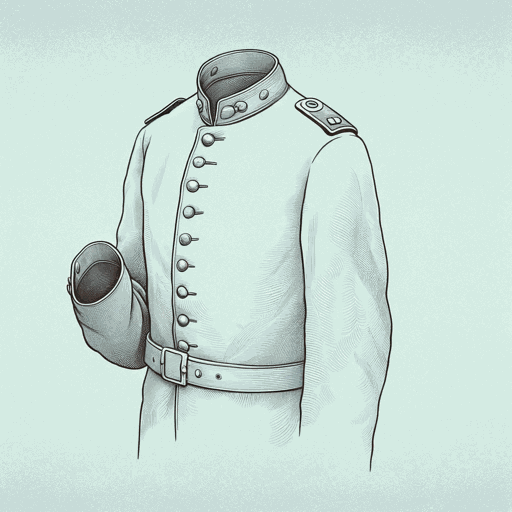
An Episode of War
Stephen Crane

Maggie: A Girl of the Streets
Stephen Crane

The Bride Comes to Yellow Sky
Stephen Crane
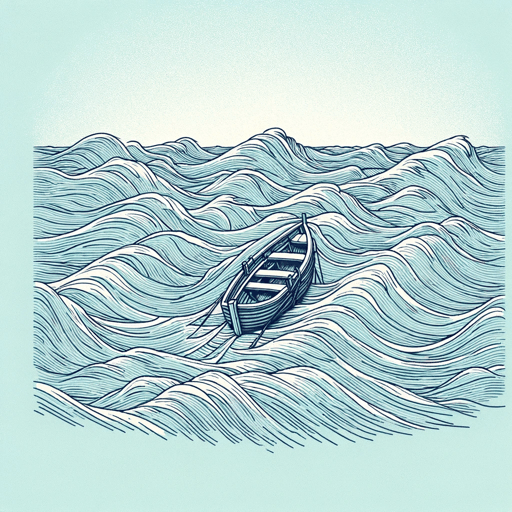
The Open Boat
Stephen Crane
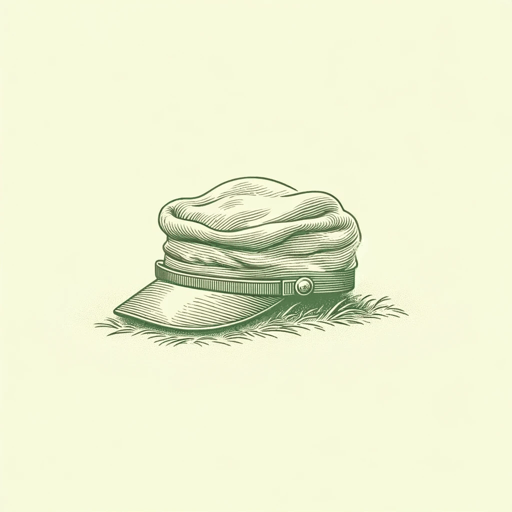
The Red Badge of Courage
Stephen Crane
